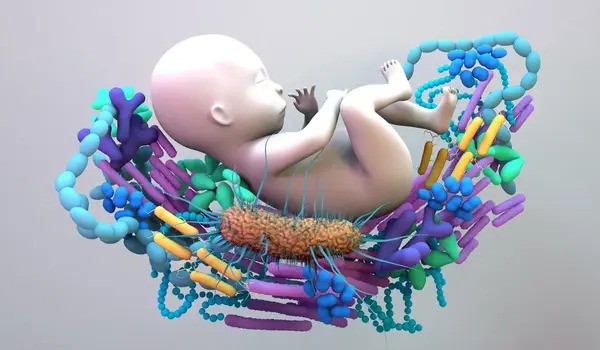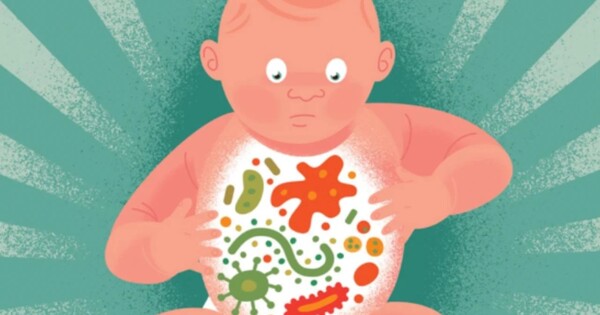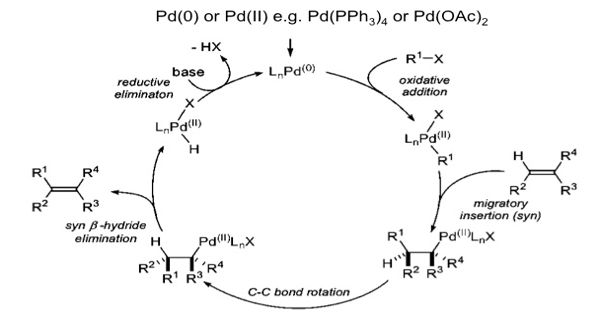Lockdowns imposed during the COVID-19 pandemic had an effect on the gut microbiome development of babies born during these times, according to new research from RCSI University of Medicine and Health Sciences, Children’s Health Ireland, and APC Microbiome Ireland (APC), a world-leading SFI Research Centre based in University College Cork.
The gut microbiome, or ecology of bacteria that exist in our digestive tract, is critical to human health. The study, published in Allergy, is the first to look specifically at neonatal gut health during the pandemic. It found substantial variations in the microbiome development of babies born during lockdown periods versus pre-pandemic babies. Babies born under lockdown had lower-than-expected prevalence of allergy disorders like food allergies.
One fascinating outcome is that due to reduced human exposures and protection from infection, only 17% of infants required an antibiotic by one year of age, which correlated with higher levels of beneficial bacteria such as bifidobacteria. The study has provided a rich repository of data, which we will continue to analyse and investigate in the future.
Professor Jonathan Hourihane
The findings emphasized gut health benefits for ‘pandemic newborns’ resulting from the unique setting of lockdown, including as lower rates of infection and subsequent antibiotic use, as well as improved length of nursing. Newborns were shown to have more beneficial bacteria from their moms after birth. These maternal microorganisms may provide protection against allergic disorders.
Professor Jonathan Hourihane, Head of the Department of Paediatrics at RCSI, Consultant Paediatrician at Children’s Health Ireland Temple Street, who is joint senior author of the study, commented on the research’s implications: “This study offers a new perspective on the impact of social isolation in early life on the gut microbiome. Notably, the lower allergy rates among newborns during the lockdown could highlight the impact of lifestyle and environmental factors, such as frequent antibiotic use, on the rise of allergic diseases.
“We hope to re-examine these children when they are 5 years old to see if there are longer term impacts of these interesting changes in early gut microbiome.”

Professor Liam O’Mahony, Principal Investigator at APC Microbiome Ireland and Professor of Immunology, at University College Cork is joint senior author. He added: “While we all start life sterile, communities of beneficial microbes that inhabit our gut develop over the first years of life. We took the opportunity to study microbiome development in infants raised during the early COVID-19 era when strict social distancing restrictions were in place, as the complexity of early life exposures was reduced and this facilitated a more accurate identification of the key early life exposures. Prior to this study it has been difficult to fully determine the relative contribution of these multiple environmental exposures and dietary factors on early life microbiome development.
“One fascinating outcome is that due to reduced human exposures and protection from infection, only 17% of infants required an antibiotic by one year of age, which correlated with higher levels of beneficial bacteria such as bifidobacteria. The study has provided a rich repository of data, which we will continue to analyse and investigate in the future.”
The researchers from RCSI, CHI, and APC Microbiome Ireland examined fecal samples from 351 newborns born within the first three months of the pandemic and compared them to pre-pandemic cohorts. The former were part of the CORAL (Impact of Coronavirus Pandemic on Allergic and Autoimmune Dysregulation in Infants Born During Lockdown) study. Online questionnaires were utilized to gather information about diet, home environment, and health. Stool samples were obtained at 6, 12, and 24 months, with allergy testing performed at 12 and 24 months.
















